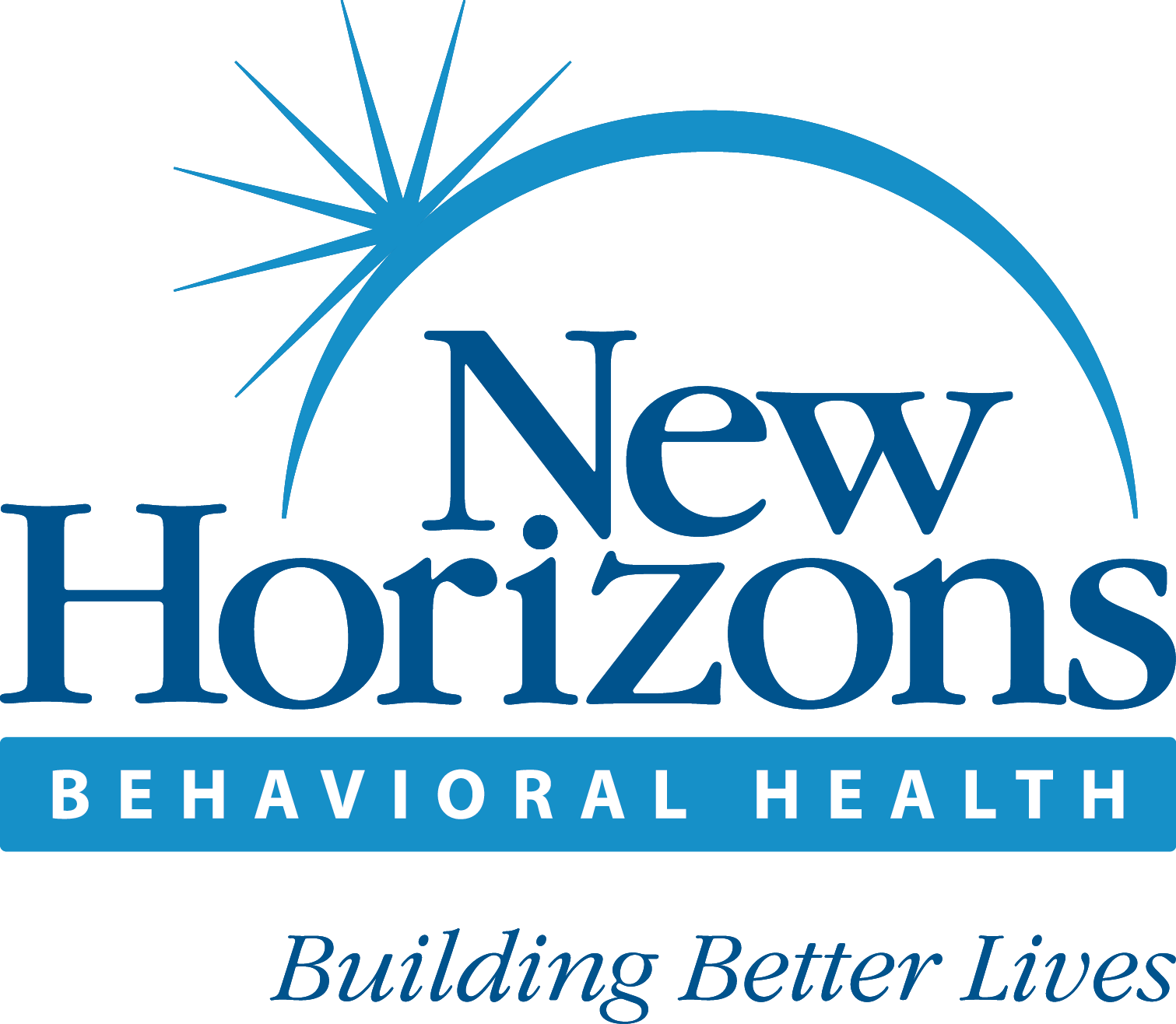A Mental Illness and Homelessness Success Story
Posted on Oct 15, 2017 at 0:00 AM
A Mental Illness and Homelessness Success Story by Lavi Luca lavi.luca@georgia.gov
A major part of my role as Georgia's disability services ombudsman is to connect people with disabilities to Georgia's public safety net of community-based providers, which is managed by the Georgia Department of Behavioral Health and Developmental Disabilities (DBHDD) and serves some of the most vulnerable people in our state.
For people living with a mental illness, the road to recovery requires certain anchors of stability, and one essential anchor is stable housing. Nationwide, thousands of people with a severe mental illness end up living on the streets every day. In Georgia, approximately 29% of the homless population lives with a severe mental illness and/or substance abuse disorder, as cited in the 2016 Continuum of Care Homeless Assistance Program Report to the Department of Housing and Urban Development.
Since 2012, the Georgia Housing Voucher Program, a rental subsidy program administered by DBHDD, has received an increase of $14.6 million in state funds, which has provided supported housing to more than 4,054 eligible individuals living with a mental illness.
In 2015, DBHDD shifted toward the Housing Fisrt Framework, which seeks to help the homeless population access and sustain permanent supported housing first, and then provide services as needed. The burden is on the behavioral health provider to engage the tenant with available treatment options. Continued tenancy is not dependent on xcompliance with treatment. the premise behins Housing First is the the basic need of stable housing must be met before people can shift their focus from survival to treatment and sustained recovery, and thereby end the cycle of homelessness.
For David T., stable housing has meant the difference between being just another statistic about chronic homeless ness and having a fulfilling life that adds value to his family, employer and community.
David was born into a family of 12 children in Monticello, GA., and experienced the normal rhythms of life with the added challenge of dealing with a mental illness. Life seemed to start off on the right foot with promises of athletic scholarships and a future in basketball. However, a broken leg would cut that dream short, and Davi's familiarity with hardship and loss were only just beginning.
In 1980, after the sudden death of his father, David's mother started noticing a change in him that prompted her to take him to a psychiatrist. He was diagnosed with bipolar depression. It would take a year in treatment for David to feel way and, as he says, "to start thinking better."
David has been twice married; both relationships and the hardships that accompanied them tested the limits of his ability to manage the ups and downs of life alongside his mental illness. He lost both woemn to cancer.
For 12 years, David was a home builder specializing as a concrete finisher and roofer. A struggling ecomony and personal money management issues would ultimately cost David his company.
Beginning in 2012, David's struggle with bipolar depression intensified due to inconsistent employment, multiple evictions, and strained family relations. When he did find work, transportation was a major barrier. While David was briefly employed at a bottling company, he walked 14 miles a day to get to work.
After two years without a job, homeless and unable to stem off dark thoughts that flooded his mind, David could only live day to day. He finally got tired of being "sick and tired."
In 2015, David went to New Horizons Beavioral Health in Columbus, one of DBHDD's safety-net providers, thinking that the agency provided medical services. He was expressing suicidal thgouth, and staff quickly realized David needed more than medical care. He was transferred to the Bradley Center, a DBHDD-funded behavioral health crisis center, where he was able to being to retake control over his life.
David is now a strong believer in the importance of community. He believes that group therapy at New Horizons is a key ingredient to having long-term success managing his mental illness. He looks around the room at these meetings and sees people worse off than he is, and they continue to show up and fight for a better tomorrow.
Throughout his past struggles and now looking forward to his well-anticipated success, David's character as a resilient fighter and dreamer has helped him to never give up. In the past, he thought setting long-term goals was a luxury well out of his reach. Through New Horizons' Supported Emplyment Employment Program, David now works as a janitor, and within 8 months, was able to buy a Honda Accord.
Gone are the days when David had to carry all his belongings in a backback. Through DBHDD Georgia Housing Voucher Program, David is celebrarting a year of living in permanent supported housing. He recalls the day he moved in to his apartment: "I was able to lock the door, and feel safe and comfortable. I had tears of joy and no bad thoughts that day."
Feeling safe and secure in his home, and useful and needed in his workplace, David can look a little bit further into the future and dream. Having all his basic needs met, he can now focus on self-improvement.
Today, he has repaired his relationship with his family, and he even serves as a mentor to his nephew who is struggling with a similar mental illness. His next goal is to open his own roofing business again and get back to doing what he enjoyed most during his younger years.
When I asked David, "What does recovery mean to you?" he gave me a simple, yet thoughtful answer: "Recovery to me means finding happiness, being comfortable, and staying true to myself."
Lavi Luca is ombusdman for the Governor's Office of Disability Services; www.odso.georgia.gov
- Categories:
- General

